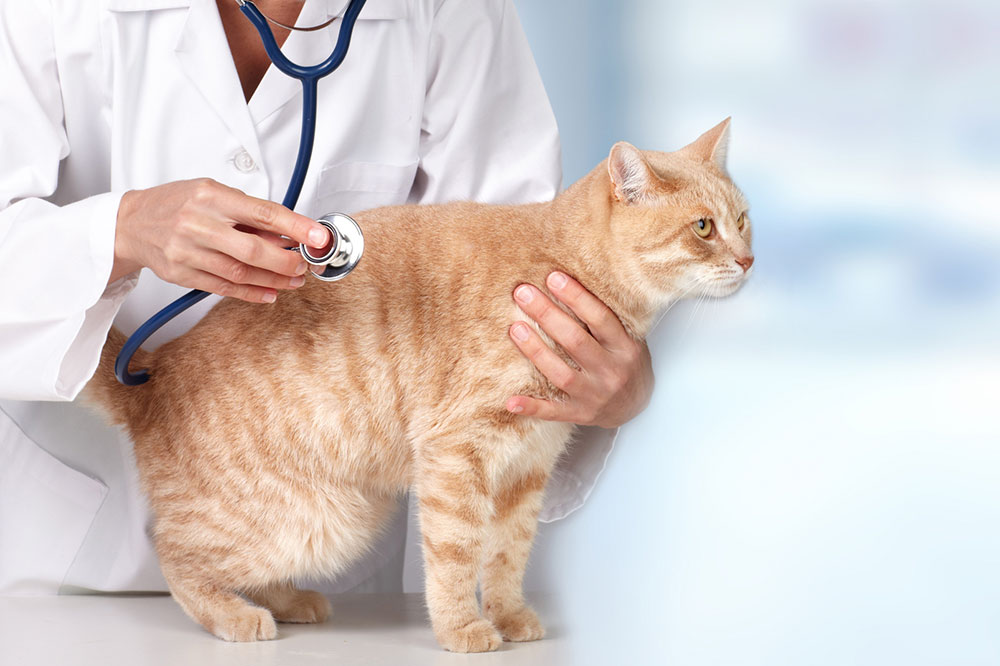
Tips for Preventing Diabetes in Cats
Diabetes isn’t a disease that affects only humans, it can affect your pet cat as well. According to some studies, one in every 100-200 cats can become diabetic. Diabetic cats cannot metabolize glucose properly and this can lead to many other complications. Overweight, mature cats have the highest risk of developing diabetes. However, the good news is that there are a number of tips that can be helpful in preventing diabetes mellitus in cats.
Feed your cat a high-protein diet
In the wild, cats have a high protein diet. Thus, you should design your pet cat’s diet to reflect their natural diet as far as possible. Most forms of wet food for cats are higher in protein content as compared to dry food. You could also supplement their food with cooked meats. As far as possible, maintain consistency in terms of the type of food your cat eats.
Exercise your cat
An active lifestyle can be very helpful in preventing diabetes mellitus in cats. Exercise can help control your cat’s body weight by burning fat and building lean muscle. Unlike dogs, cats may not want to play fetch but you can still make them exercise with the help of a laser pointer. Having a cat tree in the house can also encourage your pet to stay active throughout the day.
Get your cat regularly checked
Some of the early signs of diabetes may be very subtle and hard to identify. This is where it becomes important for your cat to have regular health check-ups. Your veterinarian will be able to track weight trends and identify underlying conditions that could increase the risk of this disease. Senior cats should have a health check at least once every 6 months.
Get regular blood and urine tests
Cats should have a blood and urine test done once every year. This can help establish normal baselines in case your cat later develops diabetes or conditions that can increase the risk for it. It is important to note that in the event your cat shows signs of diabetes, it is only through a blood and urine test that the condition can be confirmed. When it comes to preventing diabetes mellitus in cats, you should also know that the earlier this condition is diagnosed, the easier it is to treat.
Be careful with steroid use
Steroids are often used to treat health issues such as asthma, chronic skin allergies, and inflammatory bowel disease. However, they may have side effects such as reducing insulin effectiveness and increasing the risk of insulin resistance. Do not give your pet cat steroids or change the dosage of such medication without consulting a veterinarian.
Following these steps towards preventing diabetes mellitus in cats is not difficult and can go a long way in helping your pet stay healthy even in their senior years. That said, if your cat does develop diabetes, know that it can be treated.


